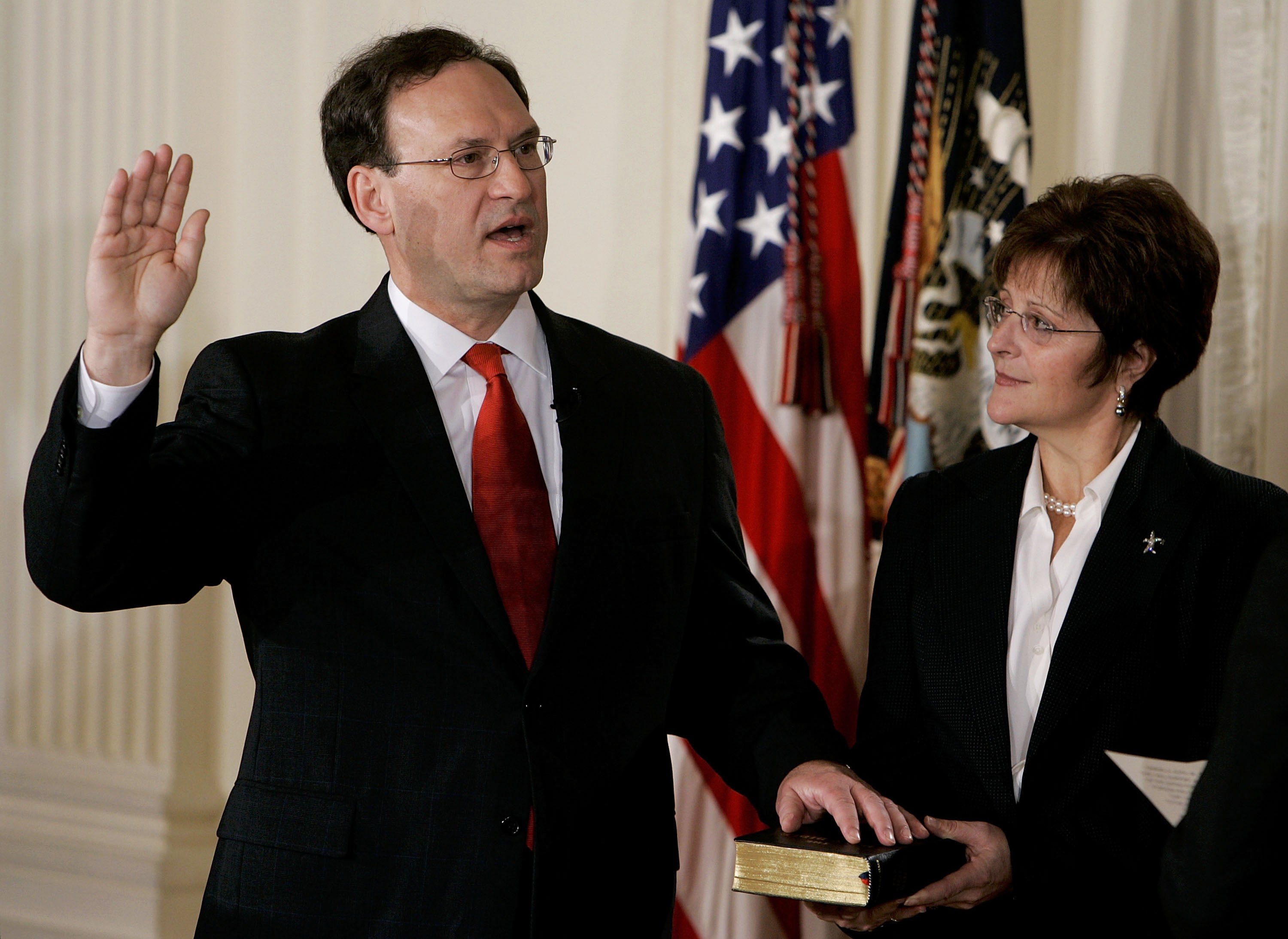Joe Boyd had one No. 1 single in his career as a record producer: Maria Muldaur's "Midnight at the Oasis." But if Boyd was never one to crank out a lot of chart toppers, he had something more valuable in the long run: a nearly infallible ear for talent. He was the first man to produce Pink Floyd and a pioneer in the field of world music. Musicians sought him out to produce their albums, as Boyd recalls in his new book, "White Bicycles," a splendid account of music in the '60s that's packed with profiles and vignettes about Syd Barrett, Sandy Denny and even a wordless Dylan. As Boyd writes, "I was there and I do remember."
A preppie from Princeton, N.J., with an ear for what we now call roots music, Boyd came of age in the early '60s, working at the Newport Folk Festival (and is ready to testify as an eyewitness that Pete Seeger did not try to take an ax to the cables powering Dylan's famous debut as an electric artist), organizing jazz tours in Europe, where he settled, getting by doing a bit of this and that until one day he found himself producing records for acts he'd been booking in London clubs.
A few days ago, over milkshakes in a New York coffee shop, Boyd described a recording session with the late singer-songwriter Nick Drake that sheds considerable light on how he managed to preserve the magic of performance on vinyl: "One of my favorite moments in the studio occurred when Nick Drake did this song, 'Poor Boy.' I think it's a great track, and a wonderful song—it's gloomy and depressed but it's funny. When I first heard Nick, I thought of the John Simon production of the first Leonard Cohen record, and that was kind of a bit of a guideline. I liked the way Cohen's voice was recorded very intimately without a lot of pop reverb. But then there were strings, there were backing voices—a lot of instruments around it—but they didn't pull the intimacy away, they just augmented it. And one of my favorite tracks on that record is 'So Long, Marianne,' which has these mocking girls singing back up. I always thought, I want to do something like that on a track. So when Nick played me this song, 'Poor Boy,' I said, 'That's great, we'll get some girls to do the chorus: "Poor boy, so sorry for himself," and Nick looked at me kind of skeptically, but he said OK.
"So we were going to cut a basic track of guitar, bass and drums. We did it in the afternoon. That morning, I'd been mixing an album by Chris McGregor, a South African jazz pianist, and he saw these guys coming in and asked to stick around and listen. He was a wonderful, curious guy. So he was sitting in the back of the control room listening to the music, and the chords in the song are quite jazzy, so while I was hearing Nick running down the song for the musicians, I kept hearing Chris's piano in my head. And I turned to him and said, 'What do you think? Have a go?' So, I just said, 'Nick, you've got a piano player.' They ran down the changes, worked through a chorus and a verse, and the take that's on the record is the first take. And it's a fantastic piano solo. Then later we brought in the women for the backing vocals, and I added a sax overdub. And that's what a producer does, in a way. I had an idea. I convinced Nick, and then there was a spontaneous moment in the studio where something just came out of the blue and presented itself. And I didn't say, 'Oh no no no, we can't do that because it wasn't planned.' I said, 'Let's go with it.' It's a track I can still love listening to today.
"A lot of younger people come up to me and say, 'Oh, you produced Nick Drake, what were you before you were a producer, a sound engineer, a musician?' I say, 'Neither.' And they ask, 'What did you do?' The idea that you might just be someone who listens strikes them as very curious. Producers now, they don't have to listen. You're just building things up, layer by layer. The producer's there to program the synthesizer or the drum machine, engineer things."
Boyd is justly proud of having either discovered or helped mold artists and groups such as Drake and Denny, Geoff and Muldaur, and the Incredible String Band, but what makes "White Bicycles"—and Boyd in person—so charming is his wry sense of self-effacement. Musing on the artists he missed signing, he runs down an impressive list: "Let's see now, that's Steve Winwood, Lovin' Spoonful, Cream, Pink Floyd, the Move, 'Fire' and 'Whiter Shade of Pale' that slipped through my fingers."
Balancing that self-deprecation is a keen intelligence and a forthrightness that has over time brought him close to blows with others equally strong-minded. Since Boyd has worked with any number of artists in the folk world, a world that prides itself (often to the point of preening) on the purity of its origins, and since Boyd himself is no purist, merely a man who knows quality wherever he finds it, the possibility of a fight is never far off. "At a dinner party in London in the late '80s," he writes, "I suggested to [Alan Lomax, whose field recordings of artists black and white provide much of the bedrock of world folk music] that folklorists and record producers were both just professionals making a living by recording music for a targeted audience. His response was to invite me outside for a fist sandwich."
"White Bicycles" is an unapologetic but never witless celebration of the generous spirit that pervaded the '60s, when people wanted to change the world and weren't afraid to try. "It was great that people fought about music in those days," he writes. The dissolution of those passions—along with the machinations of the music industry—have slowly driven him out of the business. And what killed off his fascination with producing for good was the technical marvel of contemporary studio work, a system that he more or less equates with embalming: "I like first or second takes in a recording studio much more than the takes you get when you've been flogging it for half a day," he says. "A lot of the records I hear today sound very careful, very honed. You can listen to 12 tracks of vocals [in the recording studio] and say, well, the first line was sung better on track 4 and the second line was better on track 7 and then there's that word on track 8 that's really good. Each of these choices makes logical sense. But when we put them all together, they're perfectly lifeless. And that's what I hear on a lot of records today. But very few artists are willing to drop that. If you give an artist the option of perfecting what they're doing, they'll take it, even though it's not good for them."
This is not, he insists, merely the ranting of a fogeyish curmudgeon. "What are some of the records in the last eight to10 years that have come from nowhere, haven't gotten a push from the major labels and yet have gone on to sell 10 million copies or more? Buena Vista Social Club, Norah Jones—those records are made in a very old-fashioned way and they sound three-dimensional. Obviously there is something in the music itself and they're marketed well, but I think fundamentally those records sold because they sounded so warm and welcoming, like real people were playing. So it's not just some old fart saying record it that way because that's what I remember. It actually makes commercial sense."
Having worked as a promoter and a producer, founded a record label (Hannibal) and dabbled in film, Boyd at 64 is now content to record what he knows about music in books. On his Web site he literally begs aspiring artists not to send him demos, making a point of the fact that in particular he doesn't listen to WPSE (White People Singing in English). Starting in the '80s, he was one of the first producers to take an active interest in what we know now as world music, a category that he claims at least partial credit for inventing.
"There was a committee," he says, "a meeting. In London. For world music. In 1987. In fact, it was probably pound for pound the most successful campaign in the history of public relations. It was a bunch of little independent labels that were putting out foreign … stuff. And we all got together. We were just trying to find a bin divider for record stores, because they were putting them under 'foreign' or 'ethnic' or 'international folk' or something like that. We needed a sexy bin divider, and we were going to put a list of records on the back of the divider so the stores would have a guide for what to order and everyone at the meeting could supply a list from their catalog as to what they wanted on the divider. You had to pay 50 pounds a title, so I had four on Hannibal. I think we raised around 2,300 pounds, and we gave it to this woman, this PR woman, and four weeks later it was the cover story in the Sunday magazine of the Sunday Times of London. Within three months, every music or trade magazine in England had a column devoted to world music. Stores had the bin. And within six months, the world was talking about world music."
Looking back over his career, trying to explain how he succeeded in recording so much music that people not only still buy but that still sounds as fresh as it did when it was first put on vinyl, he says, "In [the '60s] I was, I suppose, a snotty, Ivy League elitist in a way, and what I brought to that situation was that I'd listened to a huge range of music. So my criteria for when something worked or we had a good arrangement wasn't just, 'What's the reviewer going to think or the disc jockey,' but, 'Will I be comfortable putting this on the shelf with all the other records in my collection?' I wanted it to be timeless, without trendy gimmicks, something that would sound good 40 years later. Even then, I had posterity on my mind, when I was 23. I had all my Louis Armstrong Hot Five and Hot Seven records, my T-Bone Walker records, my Edith Piaf, my Bulgarian women's choir, what have you, and I wanted the records I produced to be able to sit on that same shelf and not fall off out of embarrassment." To an amazing degree, he got his wish.
Uncommon Knowledge
Newsweek is committed to challenging conventional wisdom and finding connections in the search for common ground.
Newsweek is committed to challenging conventional wisdom and finding connections in the search for common ground.





